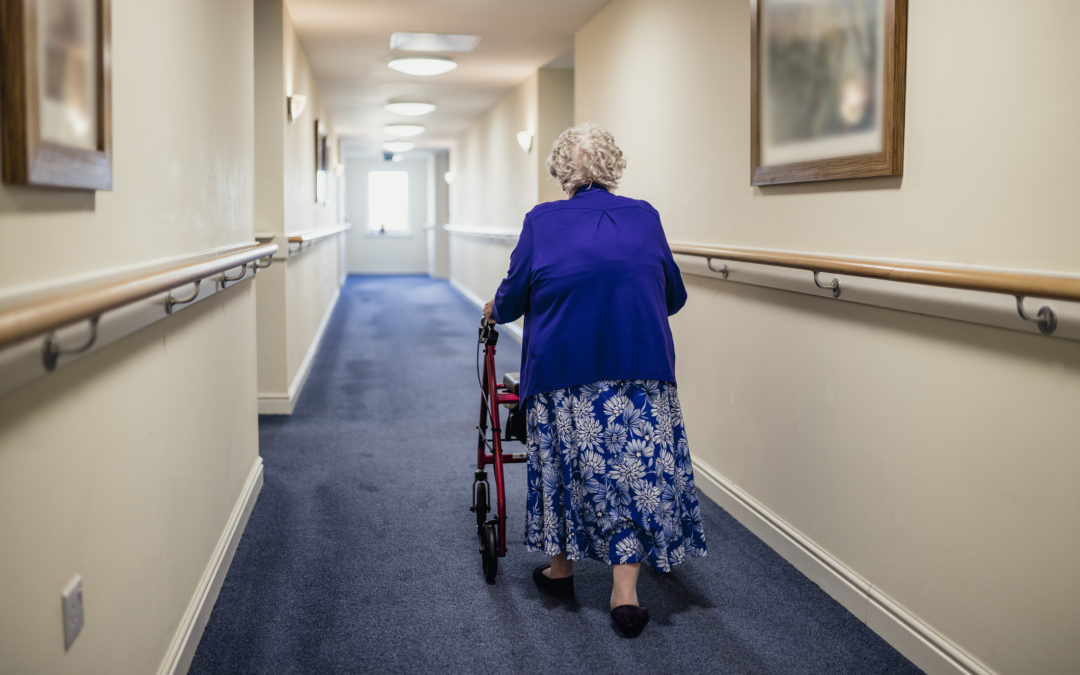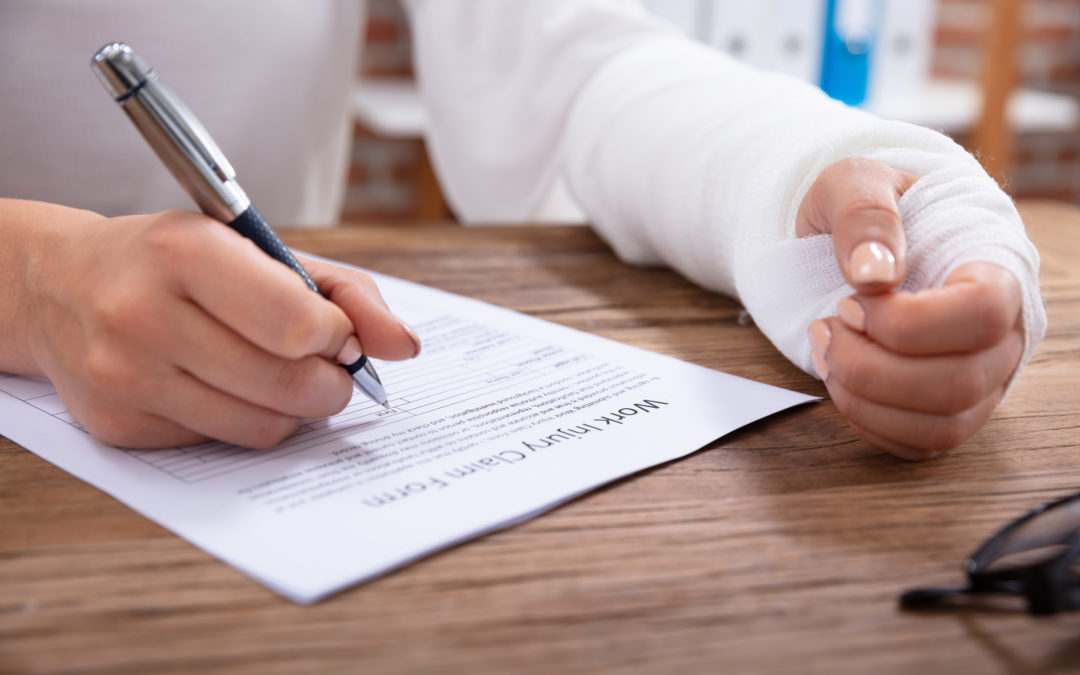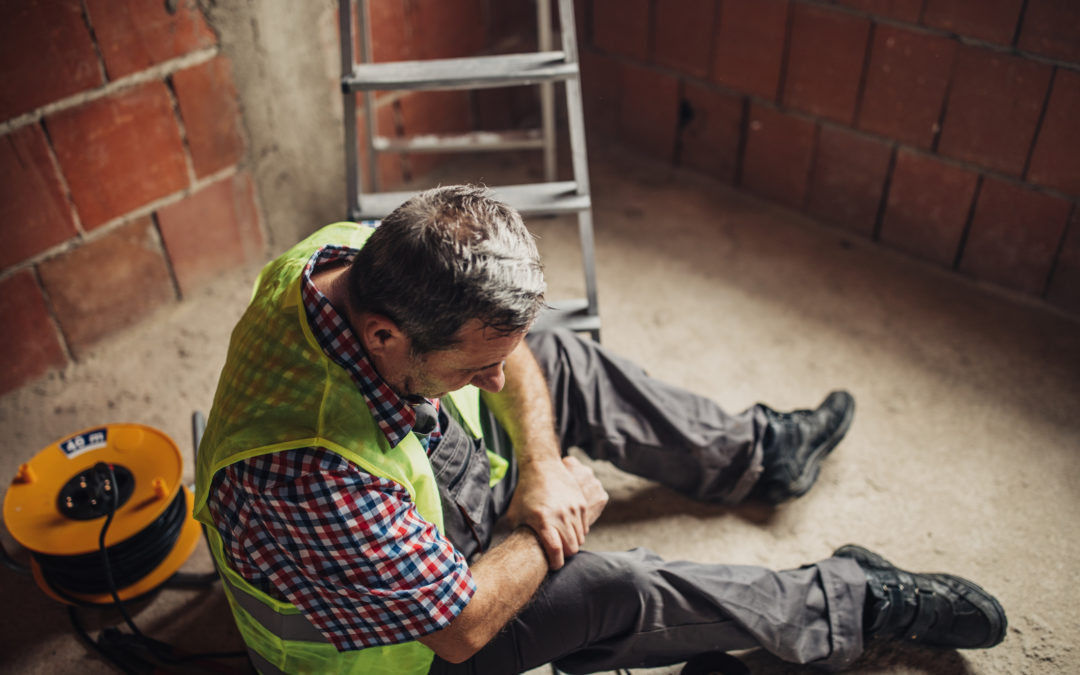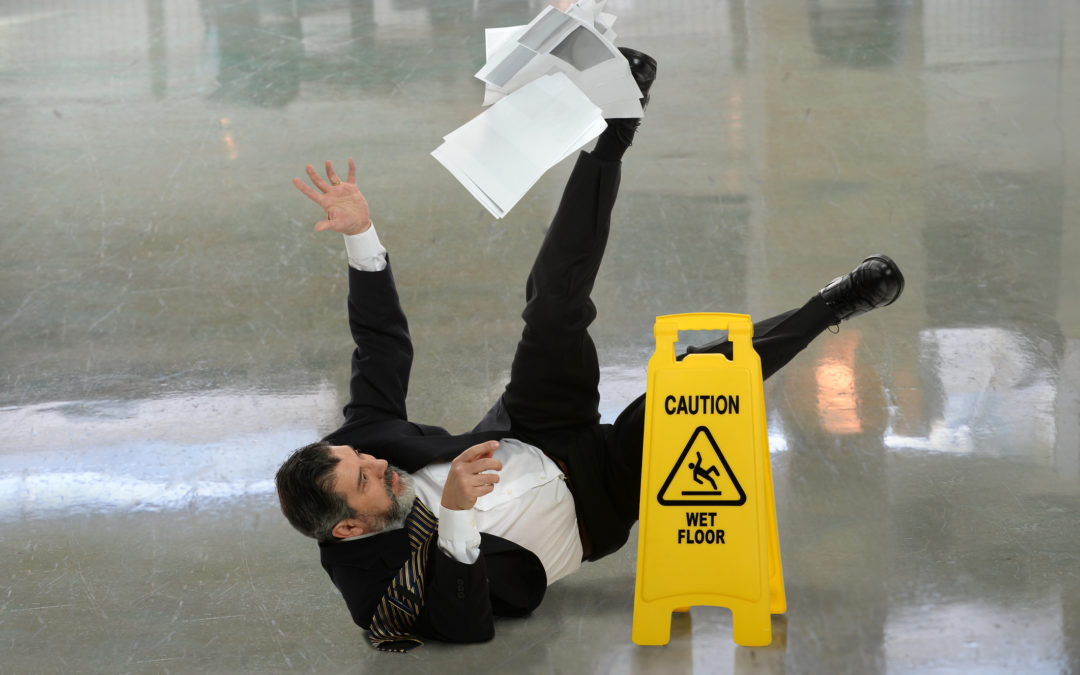
by Charlie Smith | Jul 6, 2020 | Blog, Evidence, Nursing Home Abuse |
Millions of elders living in nursing homes are victims of abuse every year and are not even aware of it. Elder abuse in nursing homes can be difficult to detect and it is not uncommon for cases to go unreported. Though many elderly residents in nursing homes are treated well and cared for in the manner in which they should be, abuse still continues and is much more prevalent that people wish to believe. Nursing home abuse is something that should definitely be of concern; seniors who have been abused have a 300% greater chance of death in the 3 years following the abuse than those who are not abused. Statistics show that nearly 1 in 6 nursing home residents are the victims of abuse or neglect every year, and although legislatures in all 50 states have passed anti-elder-abuse laws, nursing home abuse continues to occur. Nursing home abuse can include any of the following: Physical abuse – may be intentional such as hitting or pinching, or it may be due to neglect including overuse of restraints and lack of physical care Psychological abuse – this may be harder to identify, but it includes yelling, criticizing, humiliating or shaming of the patient. Sexual abuse – any unwanted sexual attention or exploitation Financial exploitation – may include taking advantage of access to patient’s financial matters, stealing, or otherwise compromising a patient’s financial status. Neglect – often times may be unintentional and a result of inadequate staffing, but nevertheless it is considered to be abusive. Instances of neglect may include, personal hygiene care not being met, not provided with food, clothing,...

by Charlie Smith | Jun 10, 2020 | Workplace Injury |
If you’re injured on the job, you’ve probably been told that the only compensation you can get will come from workers’ compensation insurance held by your employer. While this is generally true, there are other times when you can sue for personal injury compensation as well. Learn more about how workers’ comp and personal injury claims can sometimes overlap. Workers’ Comp Usually, if you’re injured on the job, you’ll file a workers’ comp claim. Workers’ compensation is insurance your employer carries for this reason. You don’t need to show proof of fault for a workers’ comp claim. You simply need to show that your injury occurred on the job and is somehow connected to your work. Under workers’ compensation, you get non-taxable income that equals about two-thirds of your average pay. You’ll also get compensation for your medical care and permanent injury. Personal Injury Claims If you’re injured due to the negligence of another person, you can file a personal injury claim. However, in order to recover damages, you have to prove your injuries and show that the other person was at fault. Personal injury settlements typically include compensation for lost wages, loss of future earnings, medical expenses, and property damage. Occasionally, compensation can also include pain and suffering. Areas of Overlap While workers’ comp and personal injury usually handle two different groups of people, there are times when the two will overlap. In these cases, injured workers might be able to file a workers’ comp claim and a personal injury lawsuit. For example: If a defective product injures you on the job, you might be able to sue the manufacturer...

by Charlie Smith | May 1, 2020 | Automobile Accident |
While summer usually means vacations and trips to the beach, it’s also a dangerous time for teenagers to hit the road. The AAA Foundation for Traffic Safety calls these months the 100 Deadliest Days because teens are more likely to be involved in a deadly crash. Learn why these days are so dangerous and what you can do to help you and your teen drivers stay safe. Why Is Summer Driving So Dangerous? We know that a car accident is a common occurrence during the summer months, but why is summer driving more dangerous than winter? There are a few factors that stand out. First, there are typically more drivers on the road. Summer is a favorite vacation time, especially for families, and a lot of people head out on annual summer road trips. Summer also means more teen drivers on the road because they’re not in school over the summer. Additionally, there is more construction on the roads, and obstacles like detours can cause confusion with drivers which may lead to more accidents. According to the AAA Foundation for Traffic Safety, the time between Memorial Day and Labor Day sees the average number of fatal teen driver crashes climb 15 percent when compared to the rest of the year. Teens’ inexperience in dealing with a variety of driving situations, combined with more time spent on the road during the summer, is the main factor behind this increase. Motorcycles are another concern in the summer when riding conditions are best for much of the country. Motorcyclists that don’t have the ability to ride for several months out of the year may have weakened reflexes, especially...

by Charlie Smith | Apr 15, 2020 | Personal Injury |
Understanding Personal Injury Settlement Pain and confusion are often results from any accident. More common from are personal injury cases that could bring even more devastation to parties involved. A personal injury case is legally recognized as disputes arising from an accident as a result of one or more people suffering various degrees of damages. What exactly is personal injury law? In laymen’s terms, a personal injury case may refer to any legal dispute resulting after a person was injured or harmed in any way because of an accident. Personal injury cases are filed when there is someone at fault and are legally responsible for the accident which has occurred. Cases are then processed by a civil court proceeding which seek to better understand and find who is at fault for the accident. Civil court proceedings may be resolved through a court judgment or through an informal settlement process. When issues are not able to be resolved informally, a lawsuit will need to be filed. What is a formal personal injury case? Formal personal injury cases, also known as “formal lawsuits”, are the result of a plaintiff filing a civil complaint against another person, business, corporation, or government agency. The plaintiff’s claim usually involves the defendant to be irresponsible and careless and therefore causing the accident to take place, resulting in harm and injury. Can a decision be reached without going to court? Depending on the outcome early on in the case, yes, sometimes an informal settlement can be reached, meaning the issue is resolved without turning into a “formal lawsuit”. To reach a settlement early on in the...

by Charlie Smith | Dec 10, 2019 | Slip and Fall |
Slip and fall accidents are more common than you might think, with nearly one million occurring annually. While some result in minor injuries, others are considerably worse, resulting in broken bones and even death. Though they can happen anywhere from a simple trip to the grocery store to an extravagant cruise ship vacation, the sad fact is many slip and fall accidents are preventable. Let’s learn about the most common incidents and how you can avoid them. Common Slip and Fall Accidents Weather as the Culprit Slip and fall accidents that occur as a result of weather are common. The truth is you can’t control the weather. Thunderstorms, tornadoes, and even hurricanes can wreak havoc in and around property often resulting in hazards that turn in to accident sites. Businesses, including restaurants, shops, hotels, and more are responsible for sidewalks, parking areas, entryways, and interiors free of debris and water which can create slip and fall hazards. If you find yourself out and about before, during, or after a storm, be cautious as you go from place to place and avoid areas that might cause issues. Of course, you can’t always see slippery spots and falls with injuries do occur. Should you sustain an injury as a result of a weather-related slip and fall as a result of negligence on the part of a business, help is available for you. Wet, Uneven Surfaces – With or Without Weather Issues More than 50 percent of all slip and fall accidents are caused by wet or uneven surfaces. While some of these are the result of weather conditions, others are not....








Recent Comments